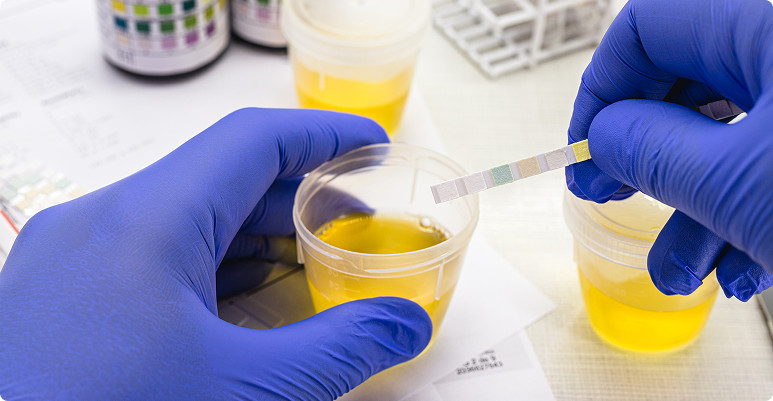Catheterization (Indwelling Urinary Catheter)

Catheterization (Indwelling Urinary Catheter)
Catheterization, specifically the insertion and management of an indwelling urinary catheter, is a medical procedure commonly used to manage urinary retention or incontinence, and to measure urine output in certain medical conditions.
What is an Indwelling Urinary Catheter?
-
An indwelling urinary catheter is a flexible tube inserted through the urethra into the bladder to allow urine to drain out. It's typically connected to a drainage bag that collects the urine.
-
It can be a short-term or long-term solution, depending on the patient's medical condition.
Indications for Catheterization
-
Urinary Retention
-
Surgical Procedures
-
Monitoring Urine Output
-
Urinary Incontinence
-
Spinal Cord Injuries
Indwelling urinary catheterization is a critical component in the care of patients with various medical conditions, requiring skilled healthcare professionals for insertion and ongoing management to minimize complications and ensure patient comfort.
who needs Catheterization (Indwelling Urinary Catheter)?
Catheterization using an indwelling urinary catheter is necessary for various medical conditions and situations. Here are some of the common reasons why someone might need an indwelling urinary catheter:
-
Urinary Retention
-
Surgical Procedures
-
Neurological Disorders
-
Critical Illness or Hospitalization
-
Urinary Incontinence
The decision to use an indwelling urinary catheter is based on a comprehensive evaluation of the patient's condition, potential benefits, and risks. It's crucial to manage catheters properly to prevent complications, such as infections or bladder damage.
How can our nurses help?
Our nurses at QNB are highly skilled in the management and care of patients with indwelling urinary catheters. They play a crucial role in both the insertion and ongoing maintenance of the catheter, ensuring patient comfort and preventing complications. Here's how they can help:
-
Assessment and Preparation
-
Sterile Insertion Technique
-
Monitoring and Managing Complications
-
Daily Catheter Care
-
Education for Patients and Caregivers
Our Jaga-Me nurses combine clinical expertise with compassionate care, ensuring that patients requiring an indwelling urinary catheter receive the best possible care in the comfort of their homes. Their role is pivotal in minimizing the risk of complications, promoting patient comfort, and ensuring the catheter's effectiveness.

Why do feeding tube insertions at home?

Save your Time
Avoid long waits and reduce the risk of infections in the hospital

Comfort and privacy
Nursing procedures can be done in the comfort of your home with the same level of effectiveness as in the hospital

Faster response time
We are able to get a nurse to you in as quickly as 2 hours (urgent charges may apply)

Lower overall cost
No hefty ambulance and A&E fees